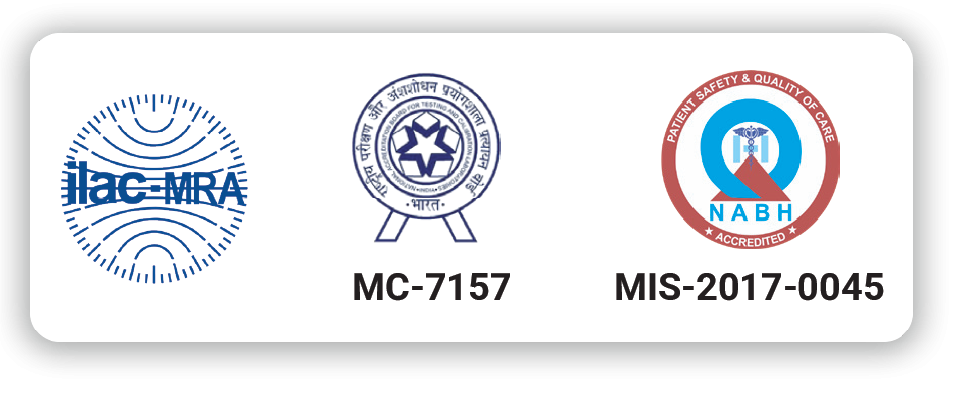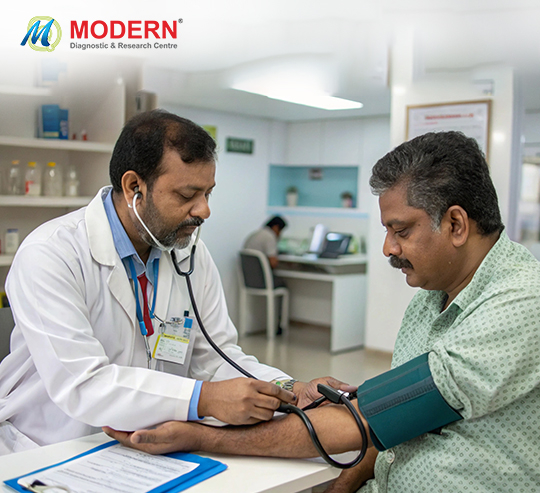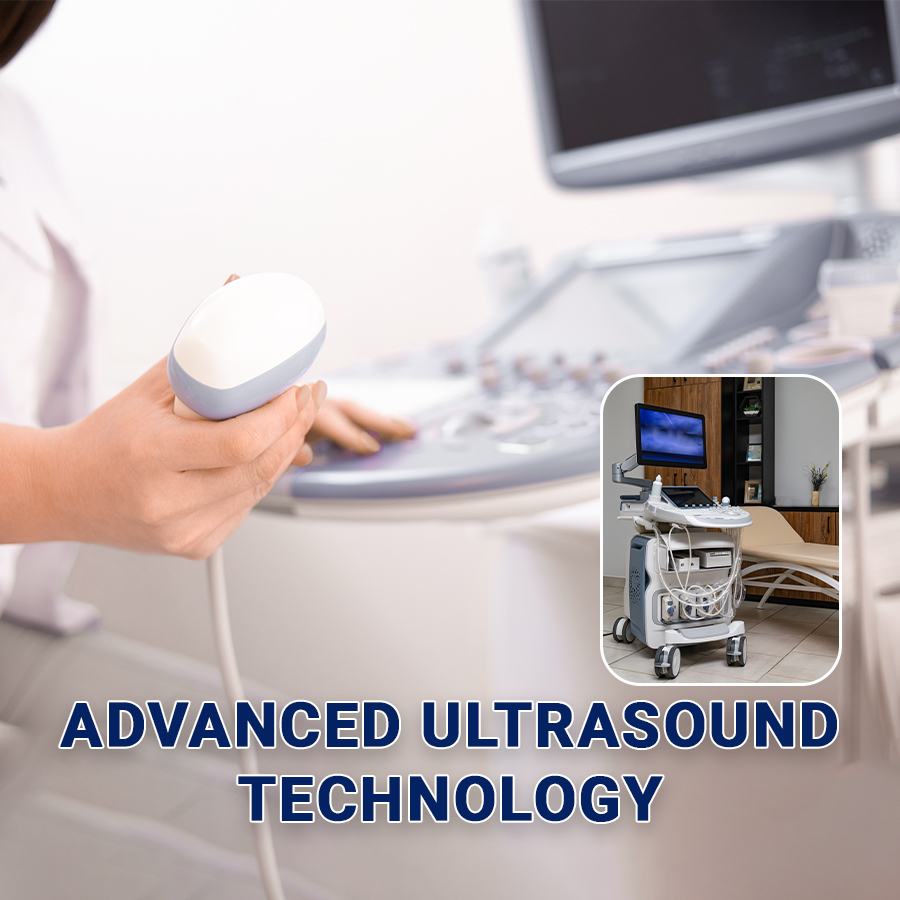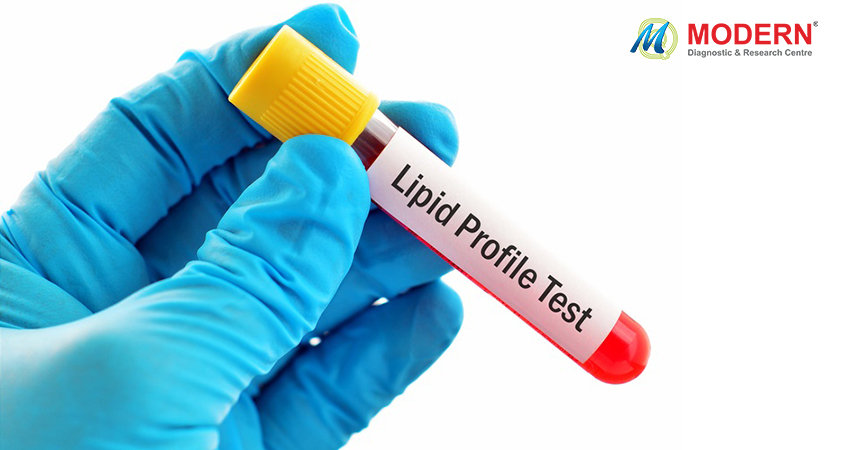As we grow older, our bodies undergo numerous changes, from hormonal changes to physiological changes, which often increase the risks of health complications and chronic diseases. For each one of us over the age of 40, regular checkups become a necessity for maintaining overall well-being and catching any underlying health hazards in the early stages. This article explores the importance of full-body checkups and their contribution to a healthier life after the age of 40.
Full body checkups have multiple health benefits
Early detection of diseases: One of the primary health benefits of full-body checkups is the early detection of life-threatening diseases. Many prominent diseases like cancer, diabetes, hypertension, and heart disease develop without any noticeable signs or symptoms until they reach the advanced stages. Regular health checkups allow your health provider to assess your current health through various tests and screenings. This early detection of diseases makes the treatment efficient and increases the chances of completely eliminating the disease.
Monitoring chronic conditions: full body checkups are highly recommended for people who are already diagnosed with chronic conditions like diabetes, hypertension, high cholesterol, thyroid issues, or heart disease. Regular health checkups help manage and maintain such conditions effectively. Reports of these full-body checkups guide your healthcare provider to make changes in your medications, recommend lifestyle changes, and conduct necessary tests to ensure your condition is under control and prevent further complications.
Preventive health screenings: After the age of 40, the human body is more vulnerable to certain diseases like breast cancer in women and prostate cancer in men. Therefore, routine screenings like mammograms and prostate-specific antigen (PSA) tests are undeniably crucial for overall well-being. For individuals over 40, other screenings for cholesterol levels, blood pressure, and diabetes also become essential to identify risks and facilitate early treatment.
Lifestyle assessment and guidance: After a certain age, we need to be extra careful about our eating habits, exercise, sleep, stress management, and physical activity. Healthcare providers often take a personalized approach to tackle such complications based on individual health status and risk factors. Such guidance is beneficial in avoiding any unwanted diseases that may hamper the quality of your life.
Mental health evaluation: Mental health is an essential yet overlooked aspect of life, especially in India. Mental well-being affects every aspect of life emotionally, physically, and psychologically. Everyone goes through some mid-life crises after the age of 40, individuals may suffer stress due to career pressure, family responsibilities, stability, or life transitions. Full body checkups are an opportune moment for discussing and finding the answers with the assistance of a professional, ensuring the patient receives much-needed help and support.
Empowerment through knowledge: Knowledge is bliss, especially when it concerns your health. Full body health checkups provide an optimum opportunity to learn every small detail of each organ. Individuals may gain an understanding of their health status and make informed decisions regarding their health. The exact knowledge of health helps to make lifestyle changes that promote longevity.
Primary tests that promote overall well-being in the long run -
Thyroid tests: The thyroid is a small, butterfly-shaped gland located in the front of your neck that is responsible for several bodily functions and directs your body on how to use energy. Thyroid tests are blood tests that are often used to diagnose conditions like hypothyroidism, hyperthyroidism, Graves’ disease, Hashimoto’s disease, and thyroid cancer. Some symptoms that suggest your thyroid gland is not working efficiently are fatigue, restlessness, sluggishness, unexplained weight change, and irritability.
Thyroid blood tests can help diagnose several diseases, like:
• Hypothyroidism
• Hyperthyroidism
• Graves’ disease
• Hashimoto’s disease
• Thyroiditis
Two types of tests help diagnose thyroid disease:
• Thyroid blood test: These are the blood tests that check for hormones and proteins like thyroglobulin and antibodies. These tests can detect conditions like hypothyroidism and hyperthyroidism. Your provider may also suggest some other thyroid diagnostic tests, such as T3, T4, TSH, and thyroid antibodies blood tests.
• Imaging tests: Imaging tests check for nodules and lumps in the neck to determine the cancerous and non-cancerous cells in the nodules. Nuclear medicine imaging, scan tests, and thyroid uptakes come into this category.
Allergy test: An allergic reaction is when your immune system releases antibodies to destroy a substance that it mistook for an invader, like dust, mold, a pet’s hair and saliva, peanuts, soy, seafood, milk, dairy products, pollen, etc. Runny nose, itchiness, rashes, watery eyes, coughing, sneezing, and wheezing are some of the basic symptoms of allergic reactions. Allergy tests are performed to determine the substance that triggers these allergic reactions. Allergy tests are performed in a controlled environment under the supervision of an experienced healthcare professional who can control if the diagnosis process triggers severe reactions.
Lipid profile test: Lipid profile, also known as a lipid panel or cholesterol test, is a simple blood test performed to measure the total amount of fat molecules present in the blood flow to evaluate the risk of developing cardiovascular disease. Usually, lipid profile tests include five tests- four different cholesterol tests and one test to measure the triglycerides present in the blood. Having an excessive amount of lipids in the blood increases the risk of developing a cardiovascular disease. A lipid profile test is used to evaluate the risk of heart disease, stroke, and heart attack.
What are the five tests in a lipid profile?
Low-density lipoprotein (LDL) cholesterol: This cholesterol is usually known as “bad cholesterol.” It can build up in your blood vessels and increase the risk of various cardiovascular diseases.
Very low-density lipoprotein (VLDL) cholesterol: This type of cholesterol is derived from the food we consume. It is typically present in low amounts when you have a fasting blood sample. Therefore, a rise in the level of VLDL suggests that your body isn’t processing cholesterol efficiently.
High-density lipoprotein (HDL) cholesterol: This is “good cholesterol” that helps reduce the buildup of LDL cholesterol in your bloodstream.
Total cholesterol: This test measures the overall cholesterol level in the bloodstream by measuring LDL-C (low-density lipoprotein cholesterol), VLDL-C (very low-density lipoprotein cholesterol), and HDL-C (high-density lipoprotein cholesterol).
Triglycerides: This is a type of fat that comes from the food we eat. An excess amount of triglycerides indicates a risk of heart disease.

















